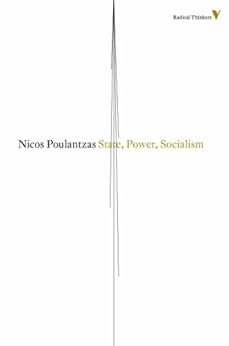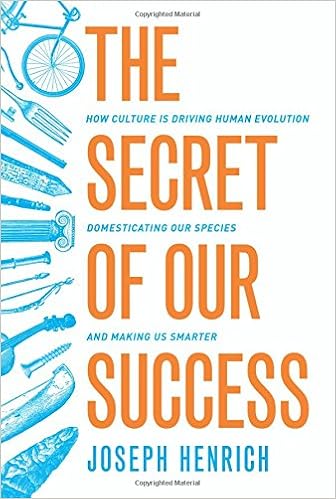It's to easy to
reify capitalism. To see it as the capitalist class (
hiss!) bearing down upon the downtrodden proletariat.
Expropriate them!
---
1. The inner-truth of capitalism
Let's do the analysis right.
Consider the vast mass of people who
cannot live by their own efforts (they have no land, no resources, they are not self-sufficient). The proletariat.
Add a minority who own the land, the factories, the machines, the tools, the raw materials and all the other means of economic production. Ownership guaranteed by law and state. The capitalists.
If the owners hire workers (their
capacity to work, actually) at a rate which can reproduce them for work next day, week, year .. while the amount
produced by said workers exceeds their wages in value, well the surplus will be owned by the capitalists. They will get consistently richer. We have a technical name for this: it's called
profit and it's a good thing. It means social needs are being addressed efficiently.
Note: if you work for the
state rather than a private-sector employer, your wages are paid out of
taxes: value contributed ultimately by the capitalist sector.
2. What do the capitalists do with their ever-increasing riches?
An insignificant relative proportion goes into luxury apartments and super-yachts (although this conspicuous consumption is a powerful human motivator and source of envy and resentment). The statistics show that most capitalist profits are re-invested to secure another round of expanded reproduction. Or in these stagnating times, financing debt.
M - C - M' in Marx's formula. Money makes money through the intermediary of surplus value production.
Gratuitous consumption is always a missed opportunity under capitalism. An opportunity cost.
In the nutshell, it is the way production is
organised which creates the classes .. they are both a precondition and a consequence of the relations of production.
3. Capitalism really pushes the social-surplus product
No moralism. We're none of us going back to
living off the land. Noble hunter-gatherers, trapped in the deepest well of unproductive subsistence.
Nor are we going back to the
agrarian life, another low-productivity hell-hole where almost everyone is tied to mediocre, hard, tedious life on the land.
We all agree that human affairs are improved when we have a better constructed-environment, one which suits our diverse needs. The way we do that is by a global division of labour where projects of the most ambitious scope can be realised. I
like modern medicine.
That's going to take a lot of social-surplus product going forwards. It's going to continue to require people to personally consume only a small fraction of the value they themselves produce.
Any one individual is going to look at projects on all scales up to the fully global and subjectively feel like a small cog in a vast machine.
I wonder though whether they'll really care. Nobody asks
me about NASA but I can still get excited.
Who decides what projects should be done, if not individual capitalists who have succeeded in attracting investment capital? I refer you to the pessimistic literature on traditional post-capitalist organisational forms well-documented
here.
4. A post-capitalist economic organisation we might expect
Suppose we get the
miracle of total automation. Cognitive robots replace workers. But in the end,
without wage-labour, profits can't be obtained.
Under capitalism, the capitalist who automates gets a short-term advantage but then overall profits fall. Competition means that in the steady-state the capitalist cannot charge more than will cover his costs. Without wage-labour creating additional value, sale-prices are simply bid down to the costs of robots, overheads and materials. As a consequence, profits tend to zero.
The capitalists don't invest. It's like an economic crisis which never abates.
5. The Roman Empire redux
An economy of petty-commodity production is what still works. Like the Roman Empire of antiquity. The slaves have been switched out for robots. Units of production produce lots of goods which are sold at their value, like in a village marketplace.
The Roman Empire was economically complex and vast in space and time. It was not very productive, not very dynamic - which may have been due to its agrarian character. And slaves are not the ideal robot - far from it. Not biddable at all.
Some people think the answer is for
everyone to own personal robots.
In antiquity most of the elite fraction of society had at least a few household slaves. But that isn't commensurate with distributing widely the benefits of a sophisticated global economy.
If I had to guess, I would say that the automation-heavy future is essentially robot-powered petty-commodity production combined with a very generous guaranteed income for everyone. Add in genetic enhancement to exploit the possibilities of an improved humanity and we'll not be in a bad place.
At least until the AIs decide we're a waste of
their space!
---
Note: the Marxist economist Michael Roberts has written extensively about the consequences of total automation under capitalism. Here's a
good place to start.










